The prestigious USDA Wallace-Carver Fellowship offers the most promising college students in America the opportunity to collaborate with world-renowned scientists, policymakers and public servants through paid fellowships with the U.S. Department of Agriculture.
In the Summer of 2017, twenty-nine fellows are stationed at USDA research centers and field offices across the country to analyze agricultural and economic policy; assist in the management of food, nutrition and rural development programs; and take part in groundbreaking field and laboratory-based research.
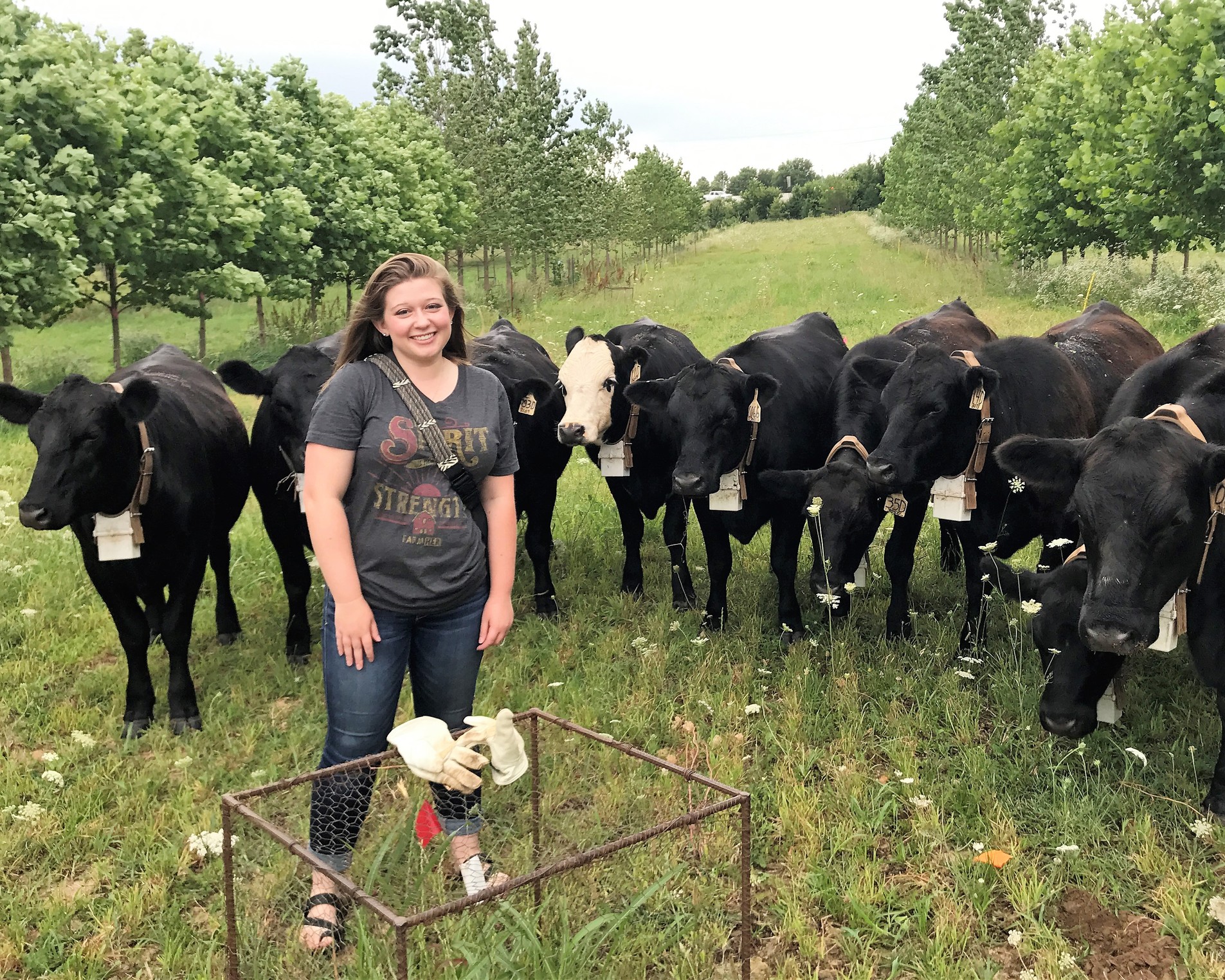
MACY ALEXANDER “I analyzed the effects that poultry production can have on the soil, waterways, and crops by sampling water runoff and soil. We began experimenting ways to combat these issues. I was also involved in a few outreach events where I got to advocate, teach and learn about agriculture." |
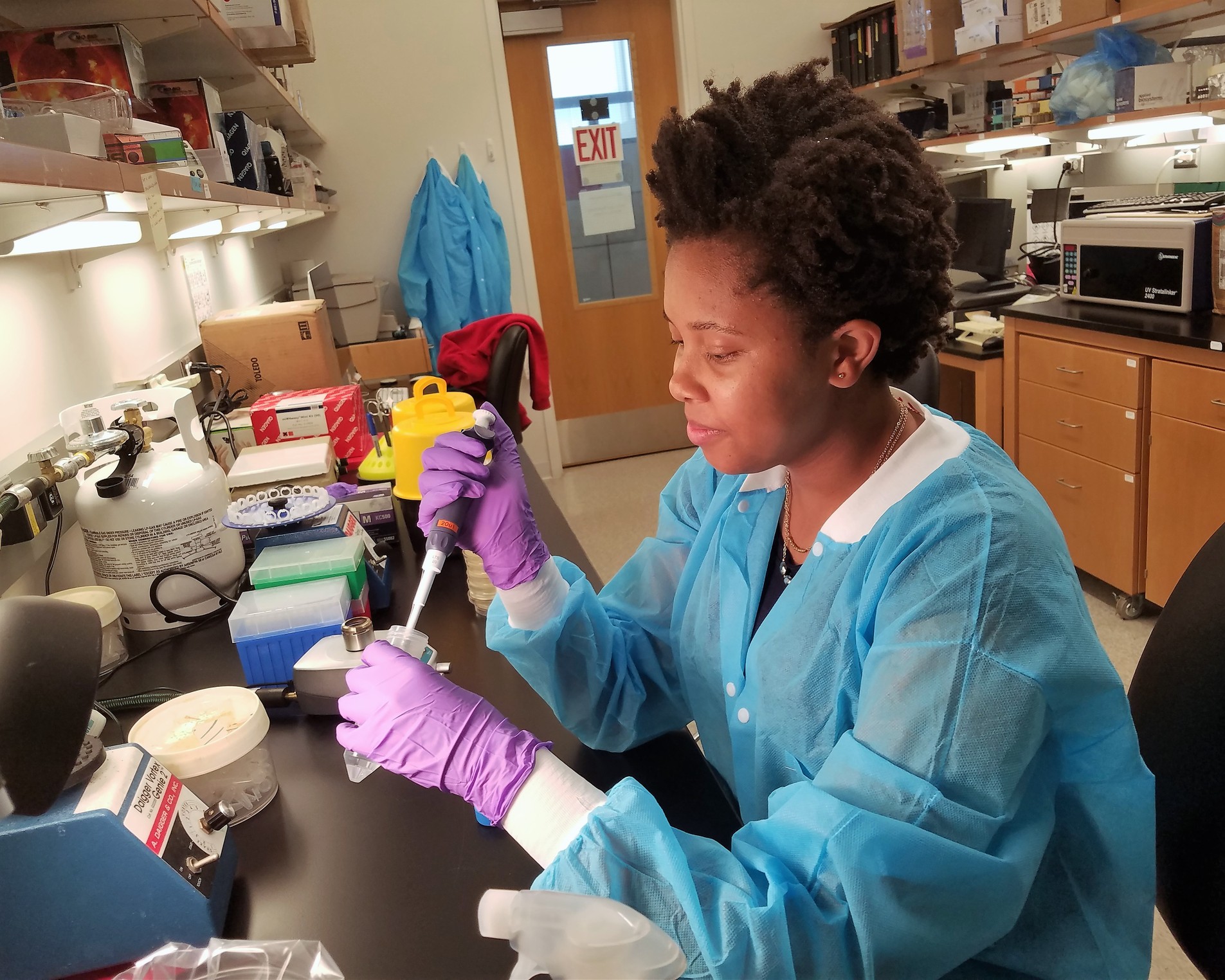
CHRISTINA ALLEN "I learned so much in such a short time period. I studied the antibiotic resistance of E. coli in cattle and evaluated ways to use this information to improve food safety. I gained hands on experience that I know I will be able to utilize in my future education and career." |
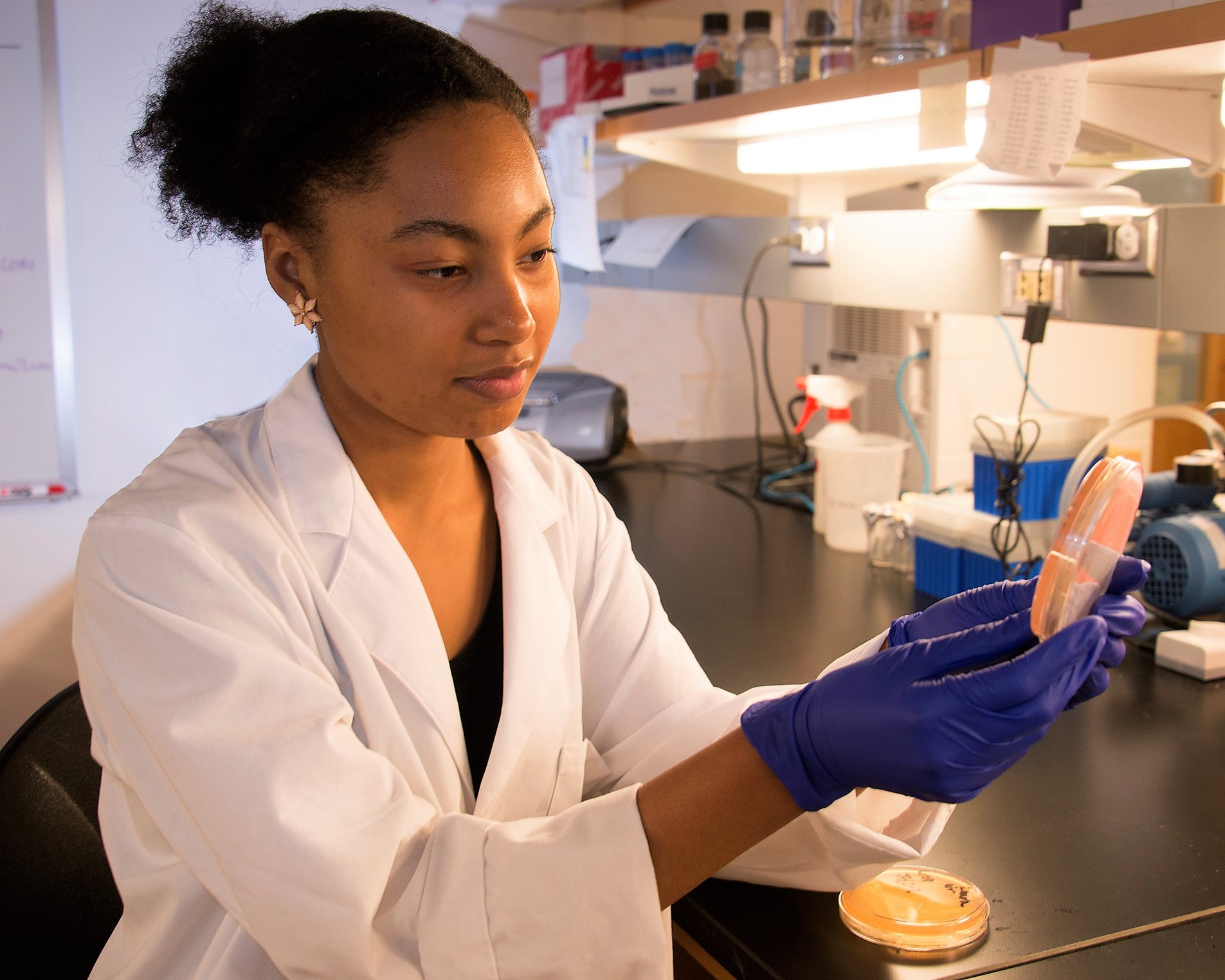
DARIA CLINKSCALES “My project included observing abiotic resistance on the turkey intestinal tract using JH2-2, a bacteria. This experience was very eye opening in the sense that I learned about the effects of antibiotics on the microbial ecology, something I hadn’t experienced before." |
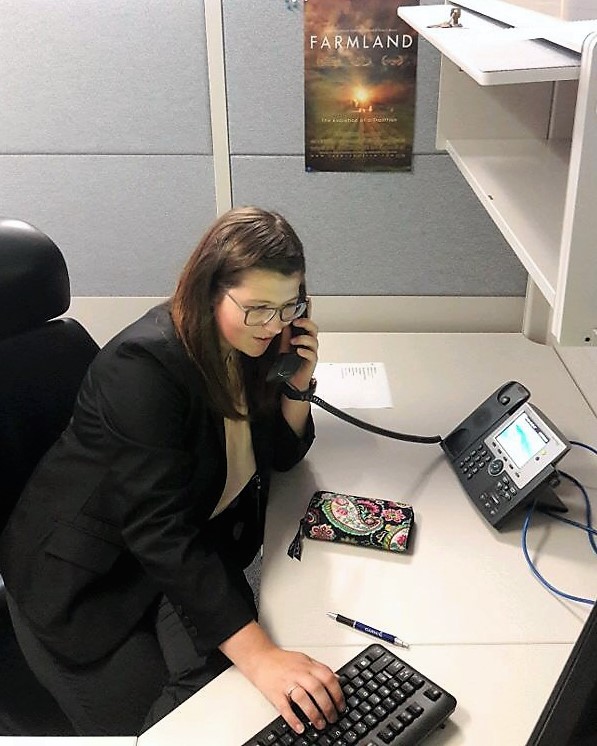
RHIANNON COBB “I learned a lot about foreign trade and policies with the opportunity to sit in on meetings involving countries all around the world. I helped compile research for different projects and NAFTA negotiations. This summer truly showed me what I want to pursue for a career!"
|
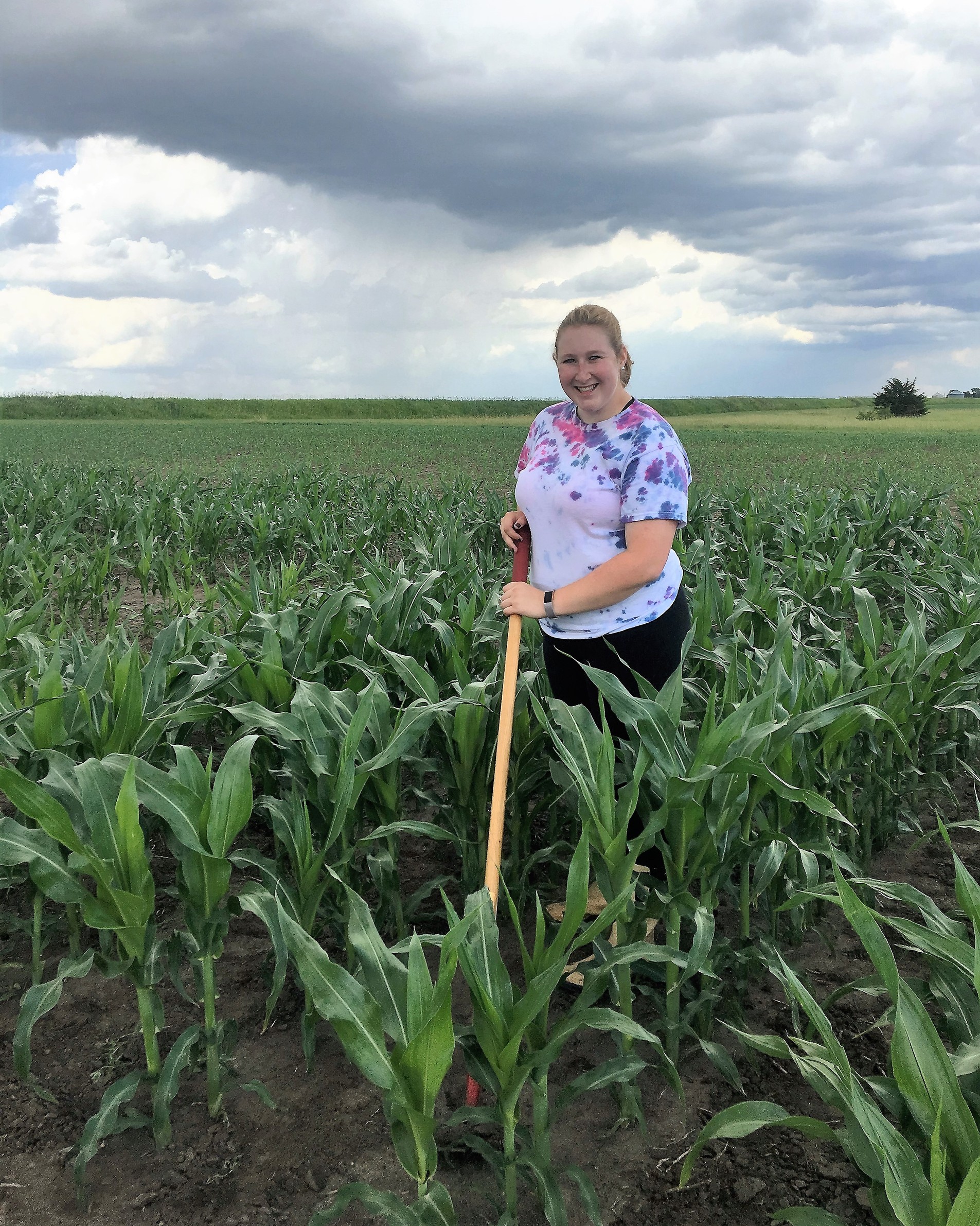
JOSIE CONSIER “I tested corn for high fatty acid content. This information will be needed for continued research. Along with this research, I aided in pollination and many other lab projects. This experience allowed me to work with the commodity of corn which I will be working with later in my career." |
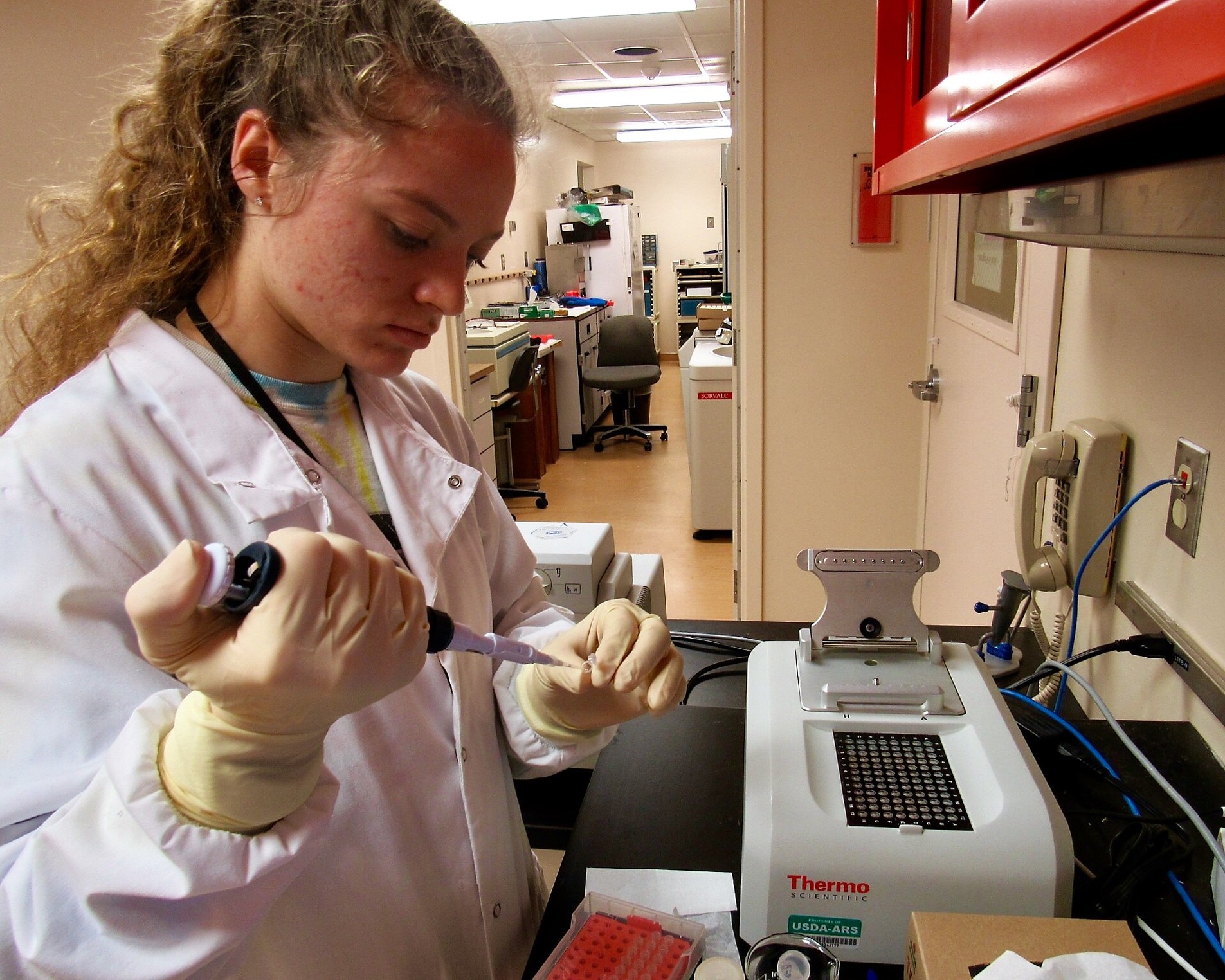
MARIAH COX "I researched how high fat diets affect the progression of breast cancer metastasis using a mouse model. Metastasis is the medical term for cancer that spreads to a different part of the body from where it started. I feel our research has led us one step further in combating this disease."
|
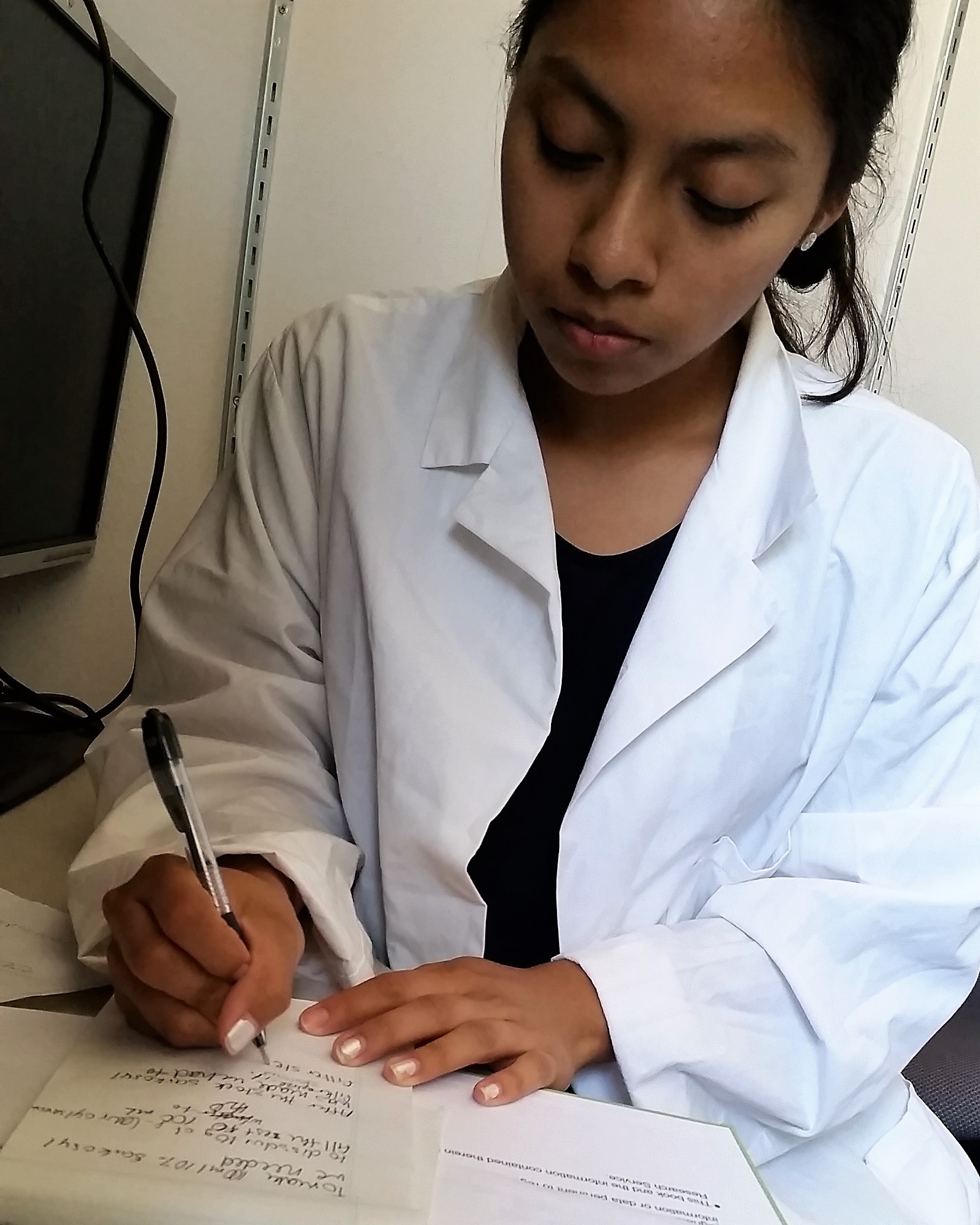
SOL DE LEON "I analyzed global gene expression in a bacterial pathogen in response to indoleacetic acid (a plant hormone). This project elucidates disease development. I am grateful for the priceless opportunity to encounter pathology and collaborate in research on a phenomenal scale." |
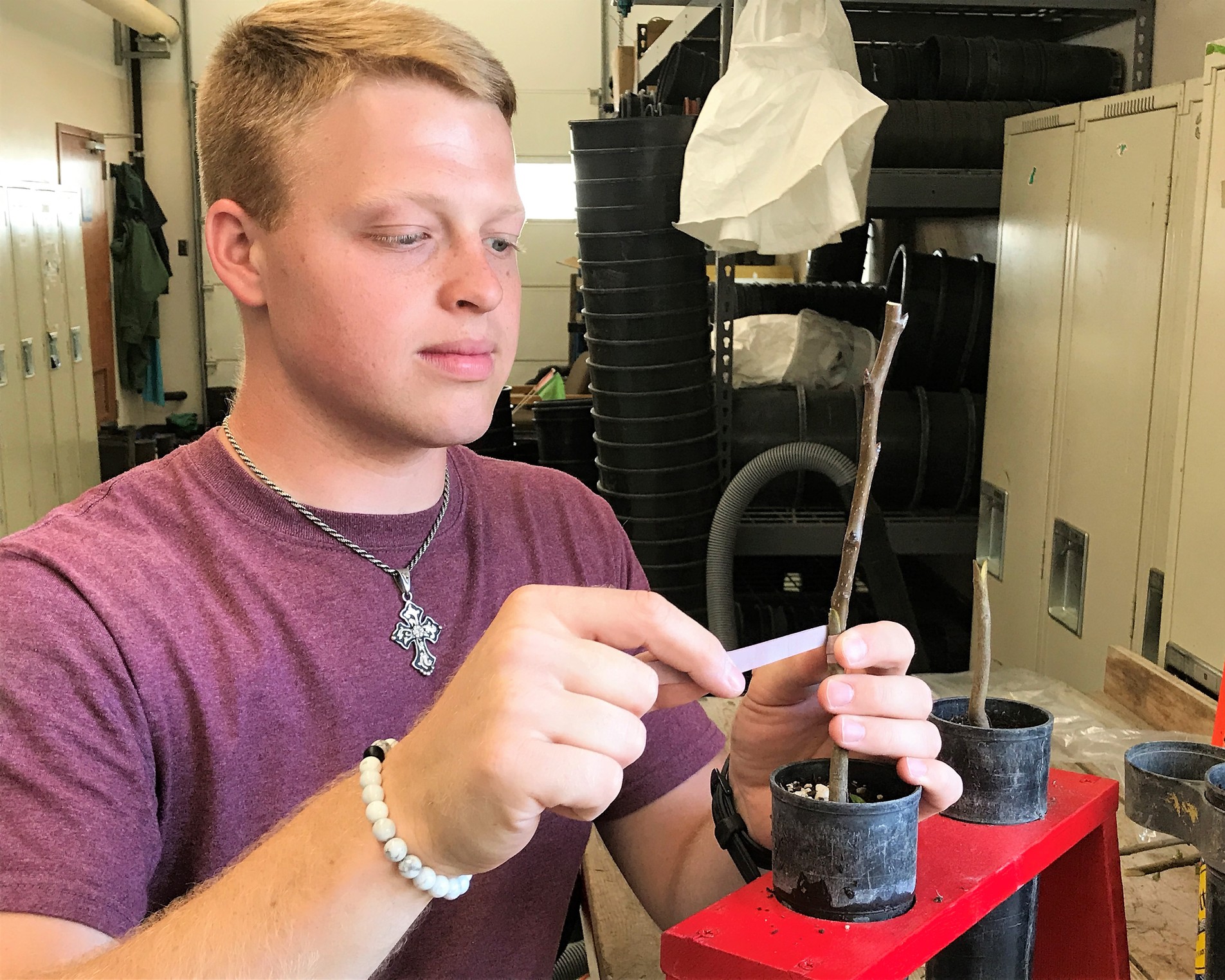
JOHN DERRY "I evaluated 31 different varieties of pear trees looking specifically for traits of dwarfing. Dwarfing rootstocks could allow pear tree farmers to grow more trees on less land. My time with the USDA has afforded me invaluable skills and connections that I will use for the rest of my life."
|
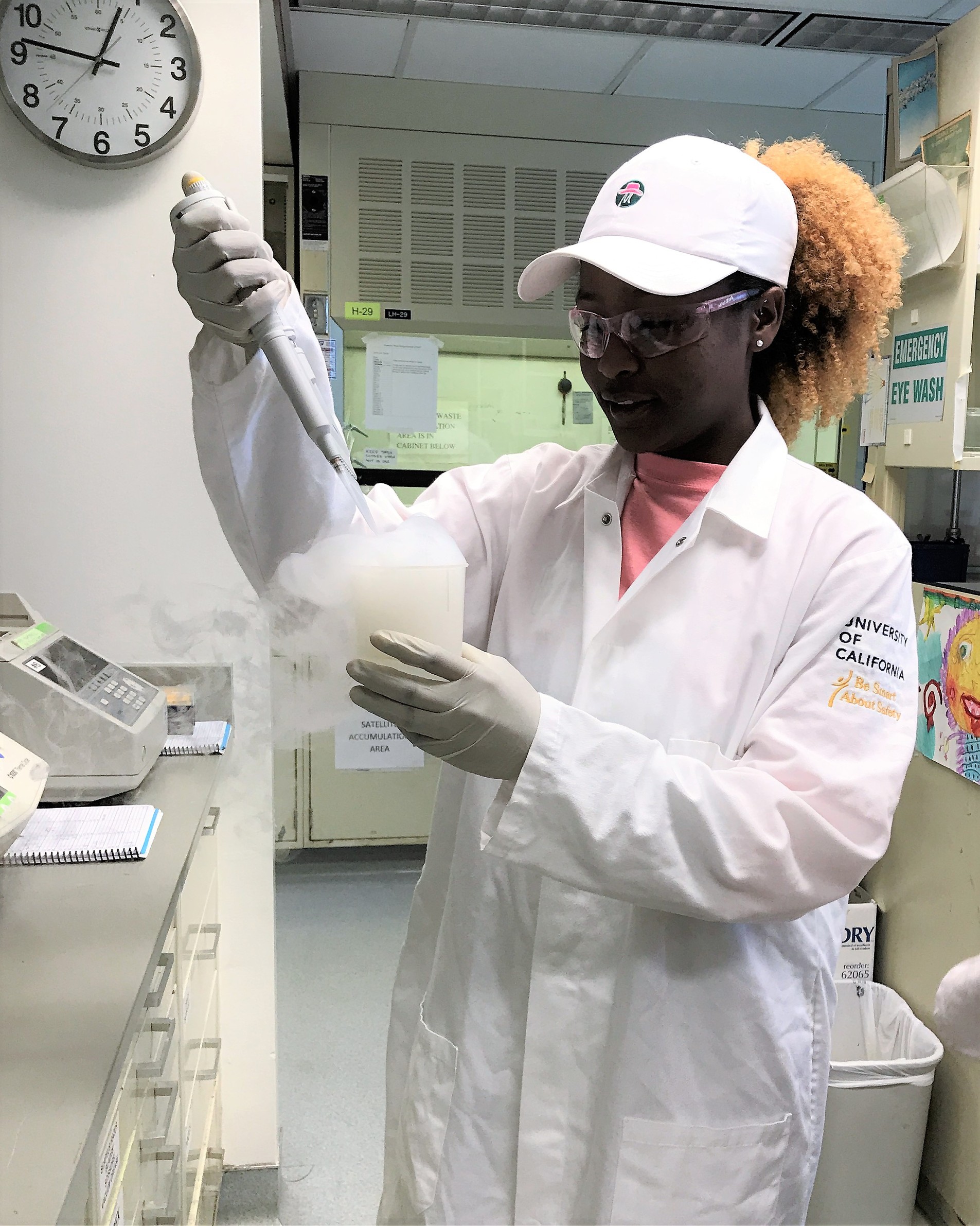
DARIA DOZIER "I spent the summer researching plant genetics and development. Using maize as our genetic model, my mentor and I researched the effects of specific mutations on sexual reproduction. I am blessed to have had the opportunity to work toward creating a more sustainable future." |
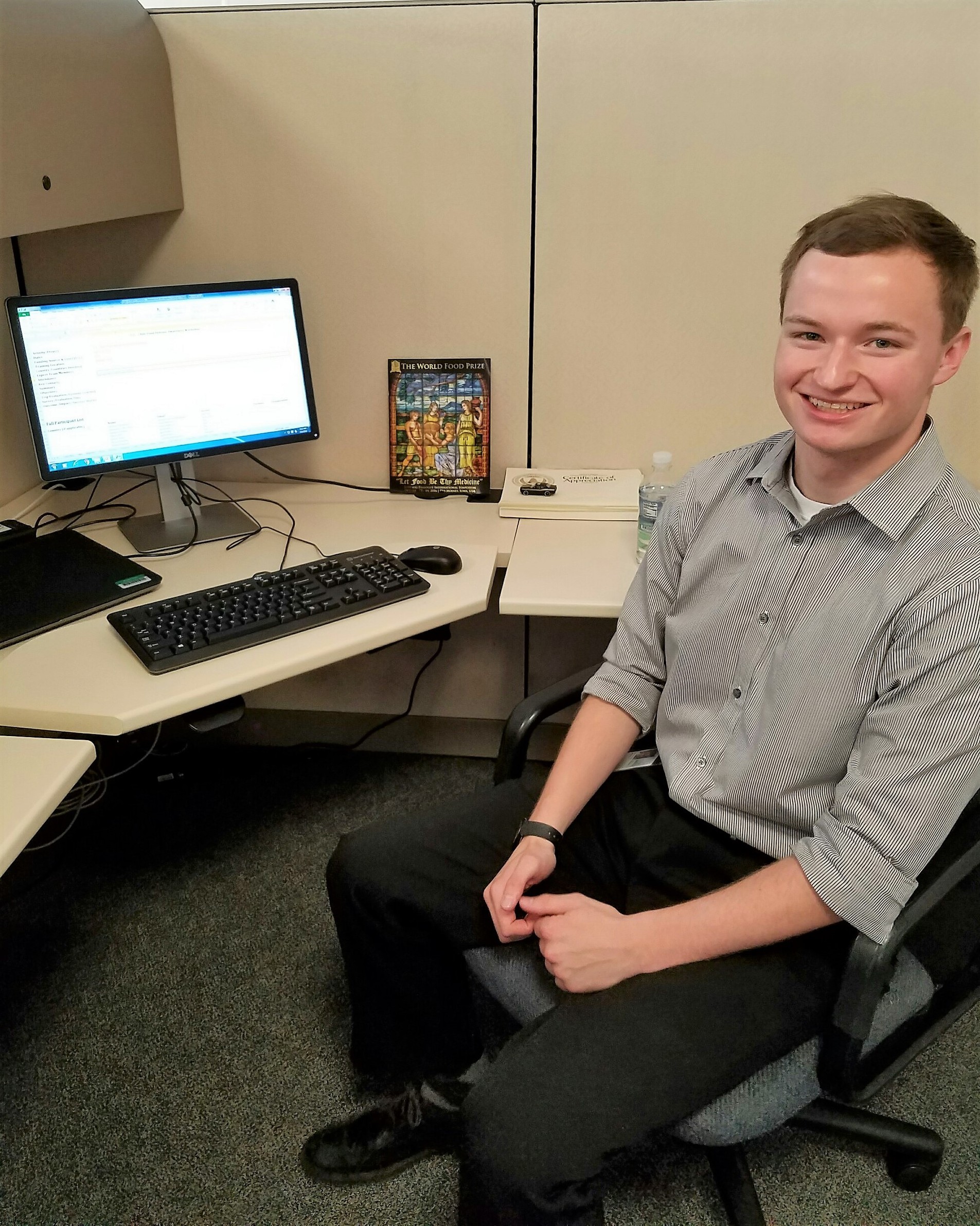
GRANT GUSTAFSON "I analyzed and compiled a literature review of diverse economic journal articles to contribute to new research on the intersection between rural labor markets, entrepreneurship, and development. I am thrilled to have broadened my experience with USDA." |
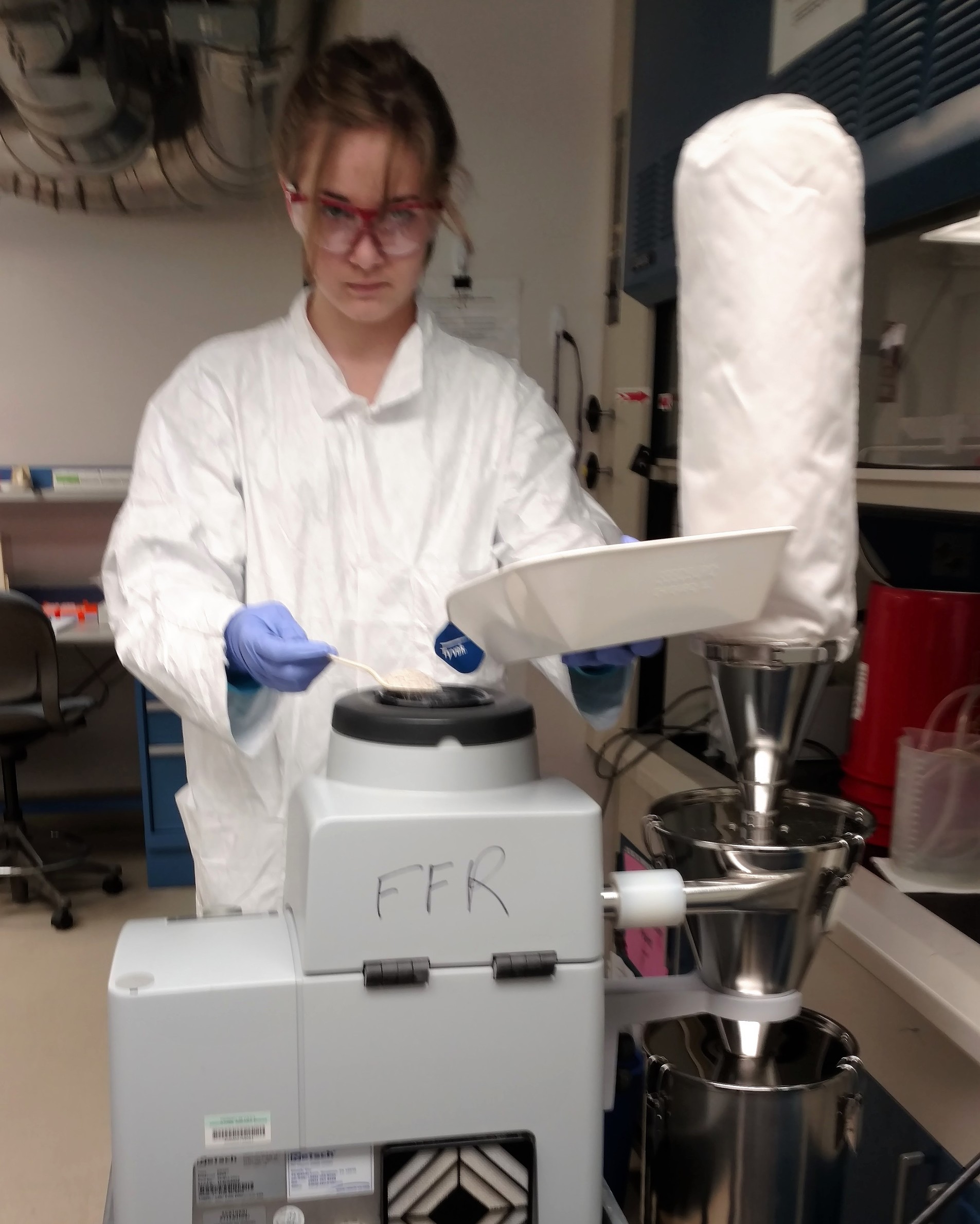
JANE HULSE “I wrote a literature review paper on how fermentation affects the nutritional quality of bean flour and found that fermentation is a simple and inexpensive way to make beans a more viable food source. I enjoyed learning about how pulses can be made into health-promoting ingredients." |
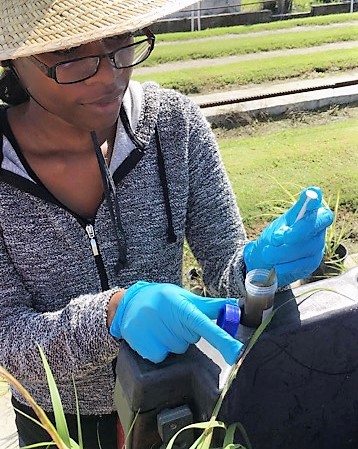
RODDRA JOHNSON "My experience opened my eyes to the diversity of research and how it plays a role in food security. While studying the effects of brown rust and other diseases on sugarcane this summer, I learned how different techniques are important in cultivating the world's most resilient crops." |
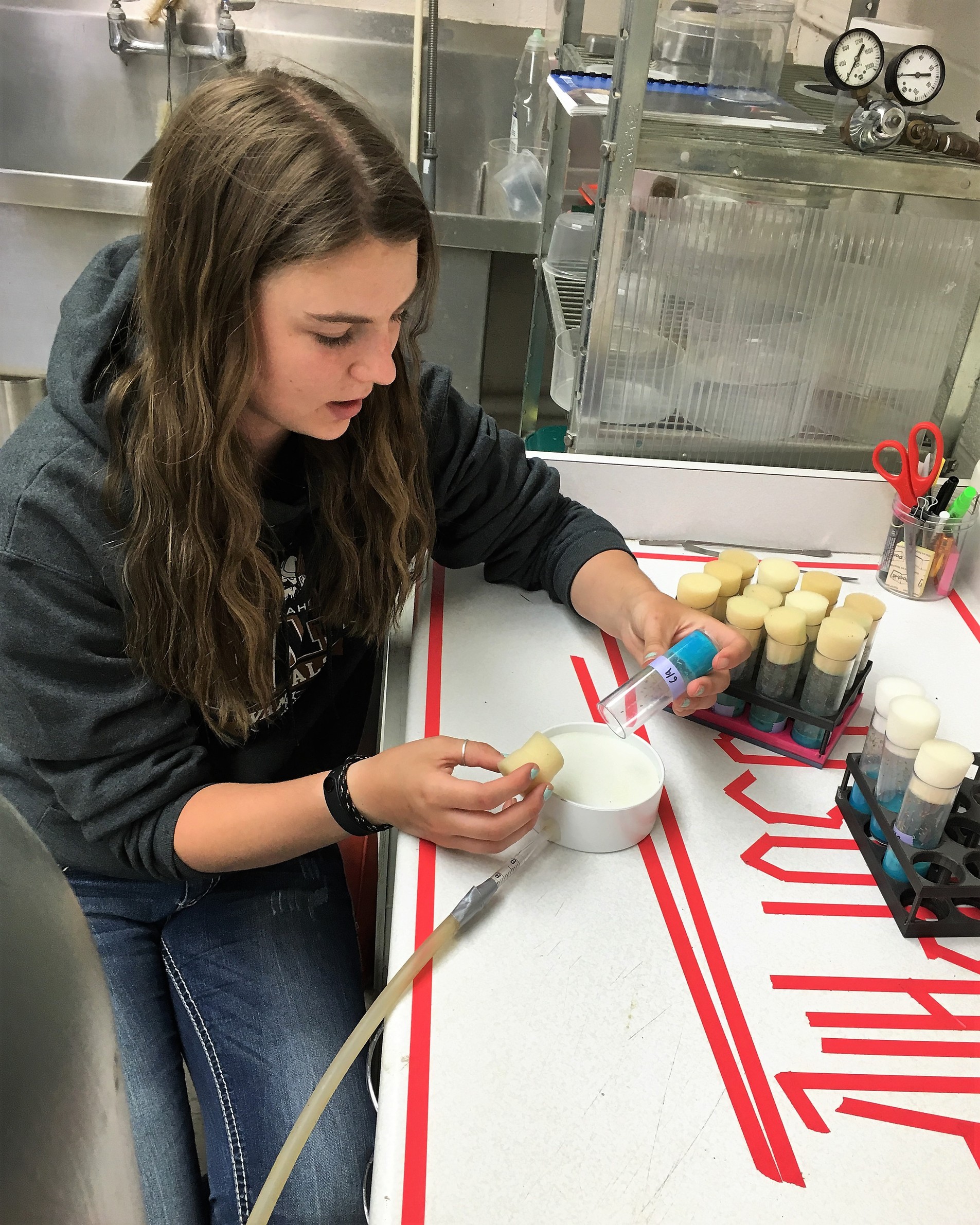
JESSICA KOHNTOPP “Alfalfa leaf cutting bees triple our alfalfa production but are not self sustainable in America. This summer, I was trying to increase their reproduction rate through flower diversity. Being a plant major, this opportunity has really opened my eyes to the undeniable need for bees." |
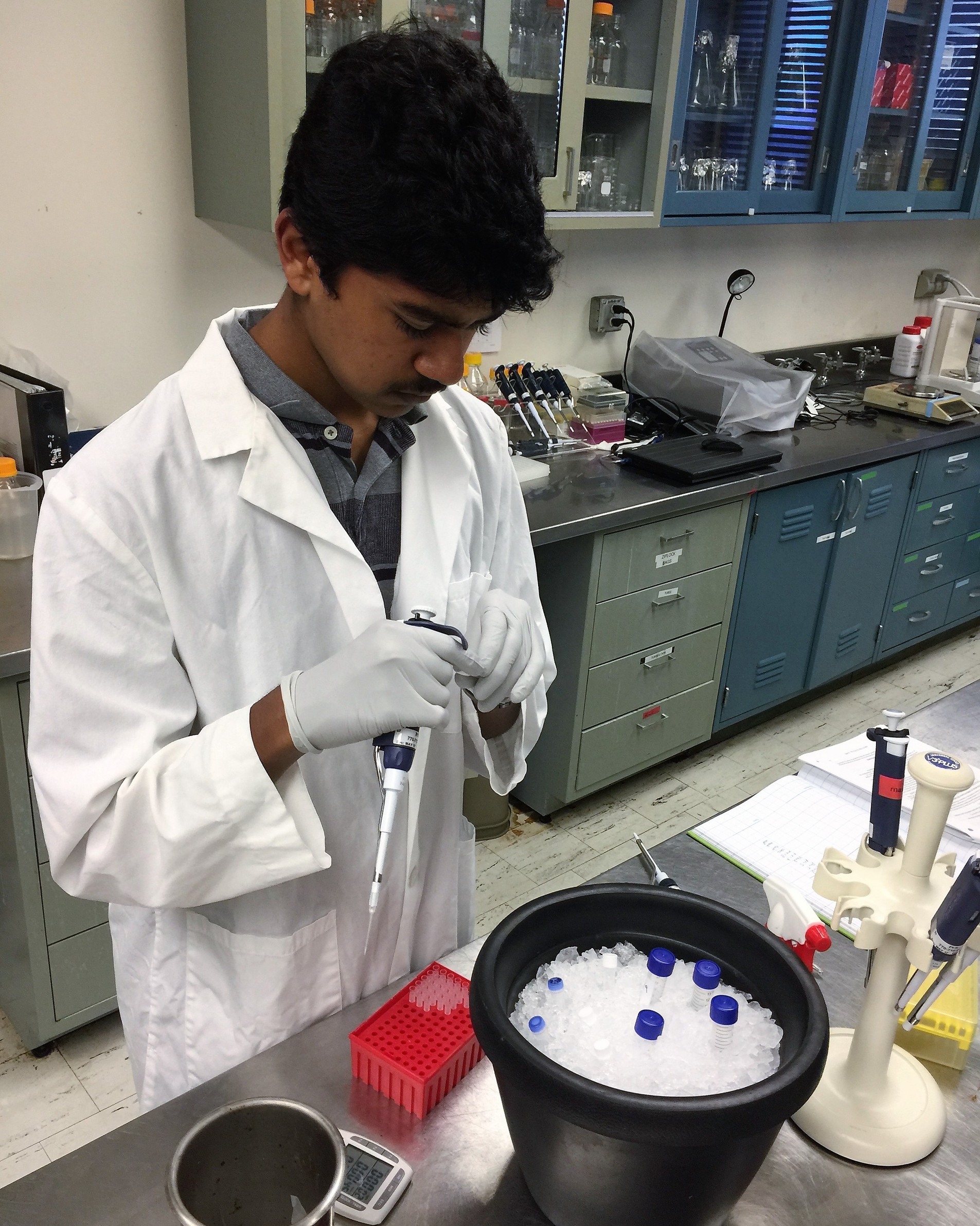
NISHANTH KRISHNAN Placement: ARS, U.S. National Poultry Research Center - Athens, GA “I helped develop a Salmonella vaccine for chickens, so that we can ensure the safety and quality of poultry products in the US. The USDA offered me a unique opportunity to be at the forefront of agricultural research. I enjoyed exploring through hands-on lab experience." |
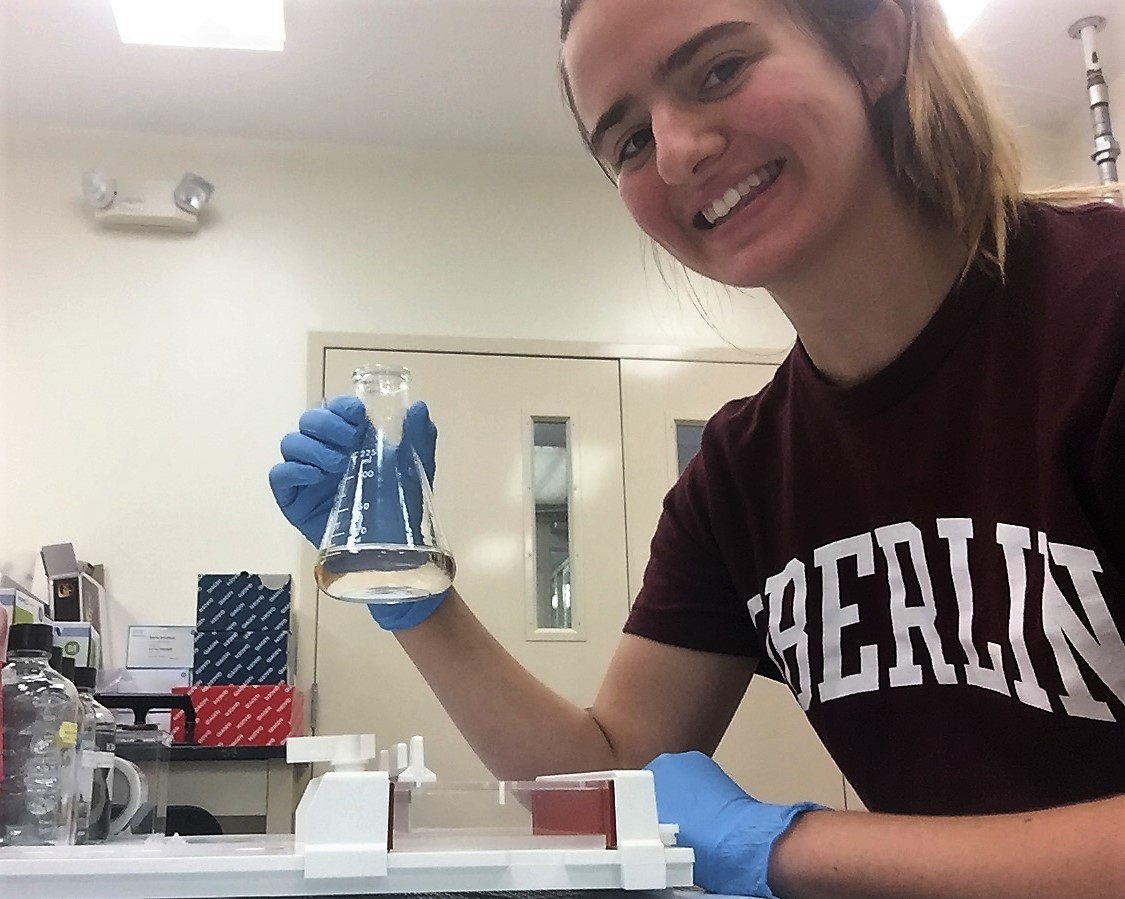
JORDAN LEHMAN “I was thrilled to explore bacterial disease and the effect it has on the aquaculture industry. USDA is truly working to have research fit the needs of farmers. I loved gaining lab experience as well as working hands on with the aquaculture industry." |
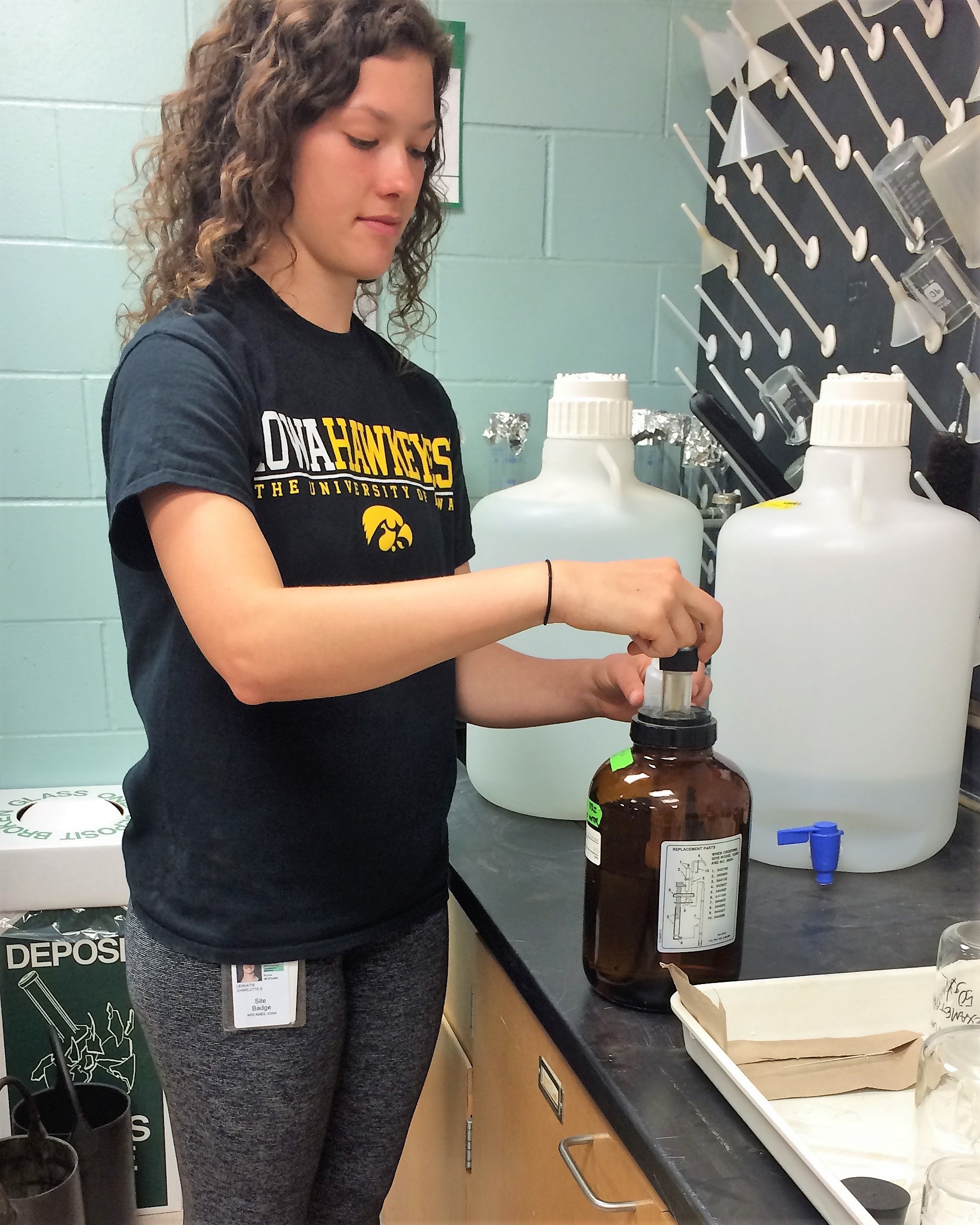
CHARLOTTE LENKAITIS "I was given the extraordinary opportunity to help with research that focused on the potential of red cedar to produce bioenergy on marginal lands and also observe changes in several soil quality factors such as infiltration, penetration and water holding capacity." |
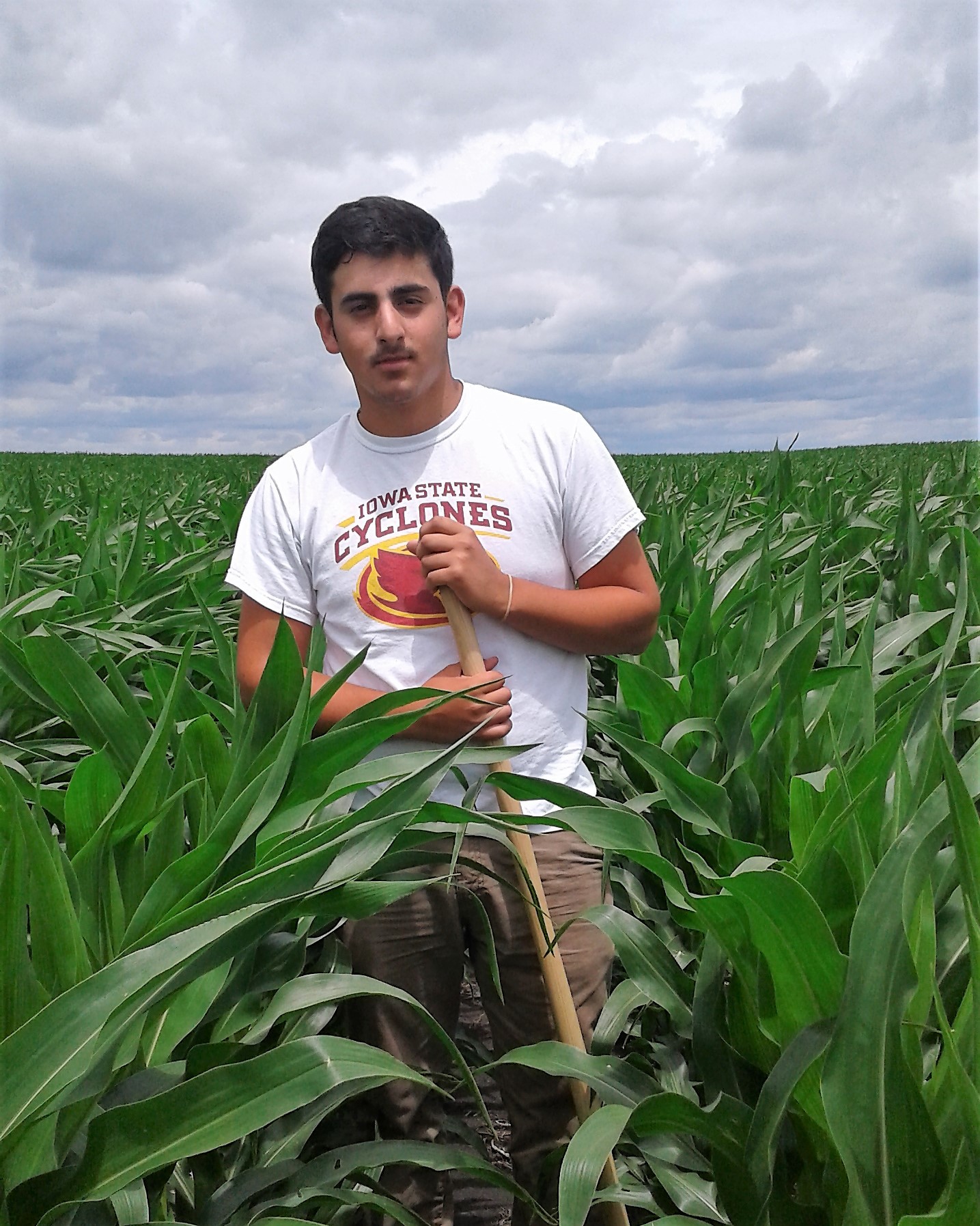
FABIAN LEON “My research helped to inform the agricultural practices that farmers should know in order to continue producing corn, barley, wheat, and soybeans as the environment changes and plants are affected by different factors related to increased temperatures and soil tilth" |
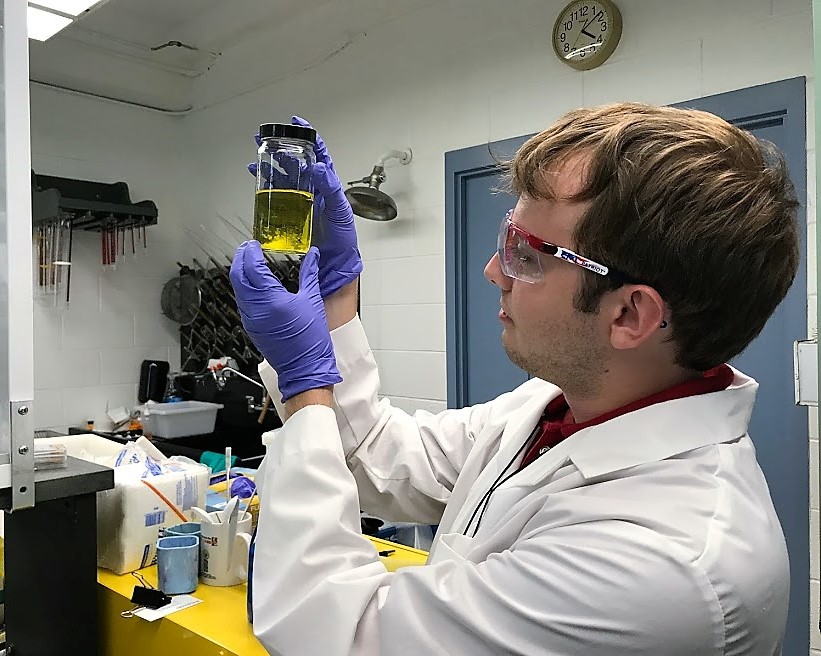
CALEB MATHIAS “I worked on determining how effective charcoal, produced from agricultural waste products, is in the uptake of three commonly used pesticides out of drinking water. I was excited to help create bio-products that will help keep our drinking water clean and move us towards a sustainable future." |
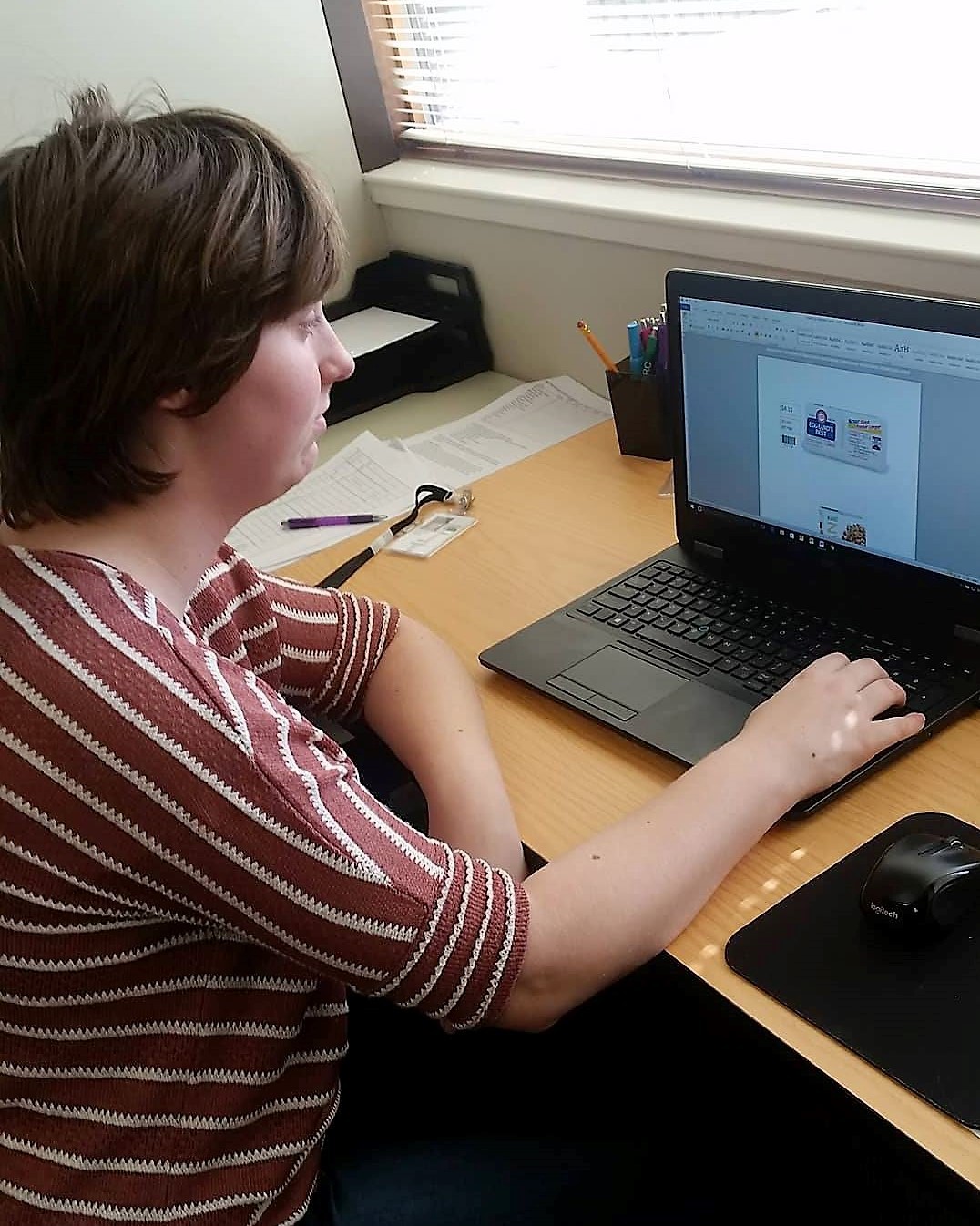
CALAH MERSHON “This summer I created a sustainability index road map for measuring the sustainability for crops. I also helped with a project studying if changing prices of groceries affected buying habits. I was happy to be able to make people's lives healthier and happier through better nutrition." |
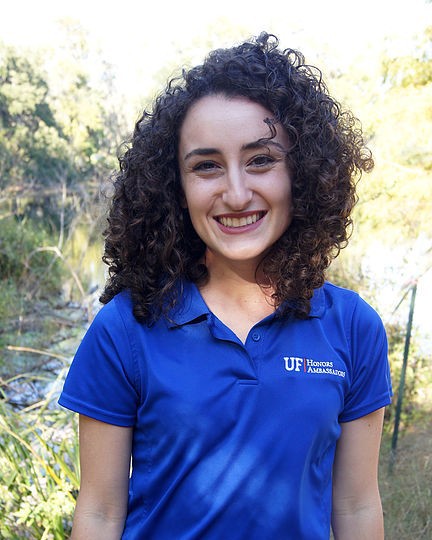
AMALEAH MIRTI “I spent this summer at the Western Human Nutrition Center in the Obesity and Metabolism Unit researching diet x gene interactions in mice; through this experience I was able to apply many analytical chemistry techniques to the field of nutritional science." |
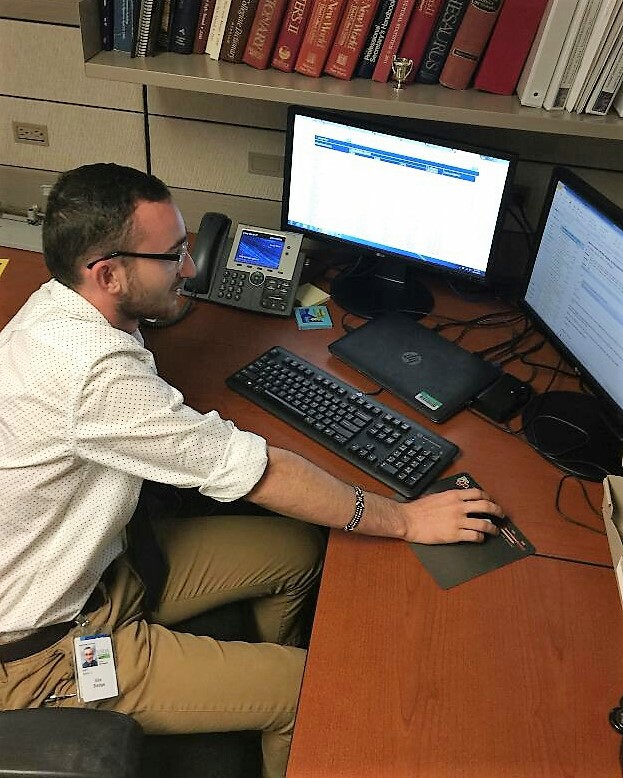
ISAAC MIRTI "I am honored to have been given the opportunity to apply what I have learned at my university in a professional setting. Overall, I have gained a better understanding of U.S. trade policies and its role in international markets." |
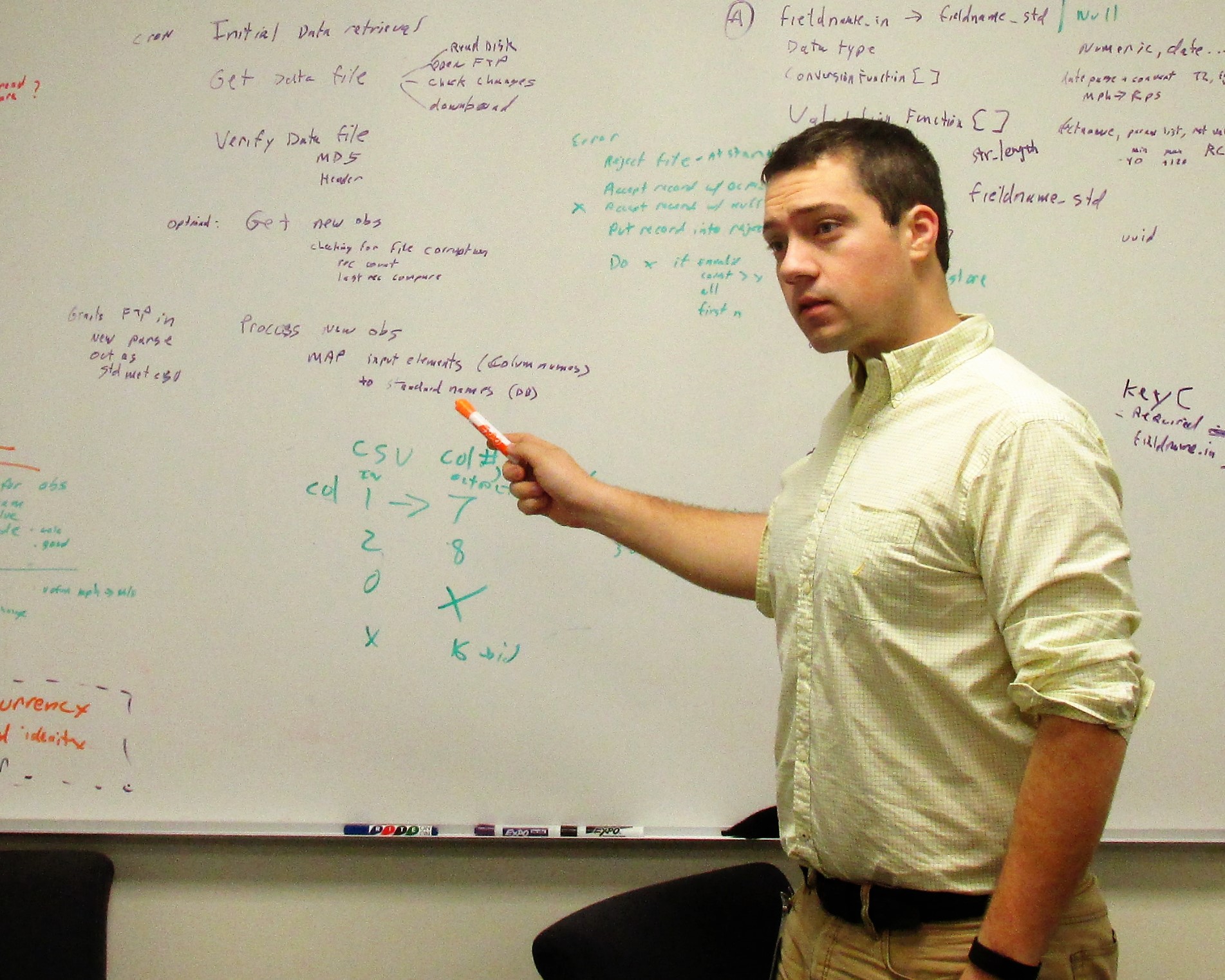
GLEN MORRIS “I worked on data production and publications. Through this experience, I have seen that agriculture is more than just farming. Agriculture encompasses knowledge, understanding, and passion for delivering a high quality and sustainable quantity of food." |
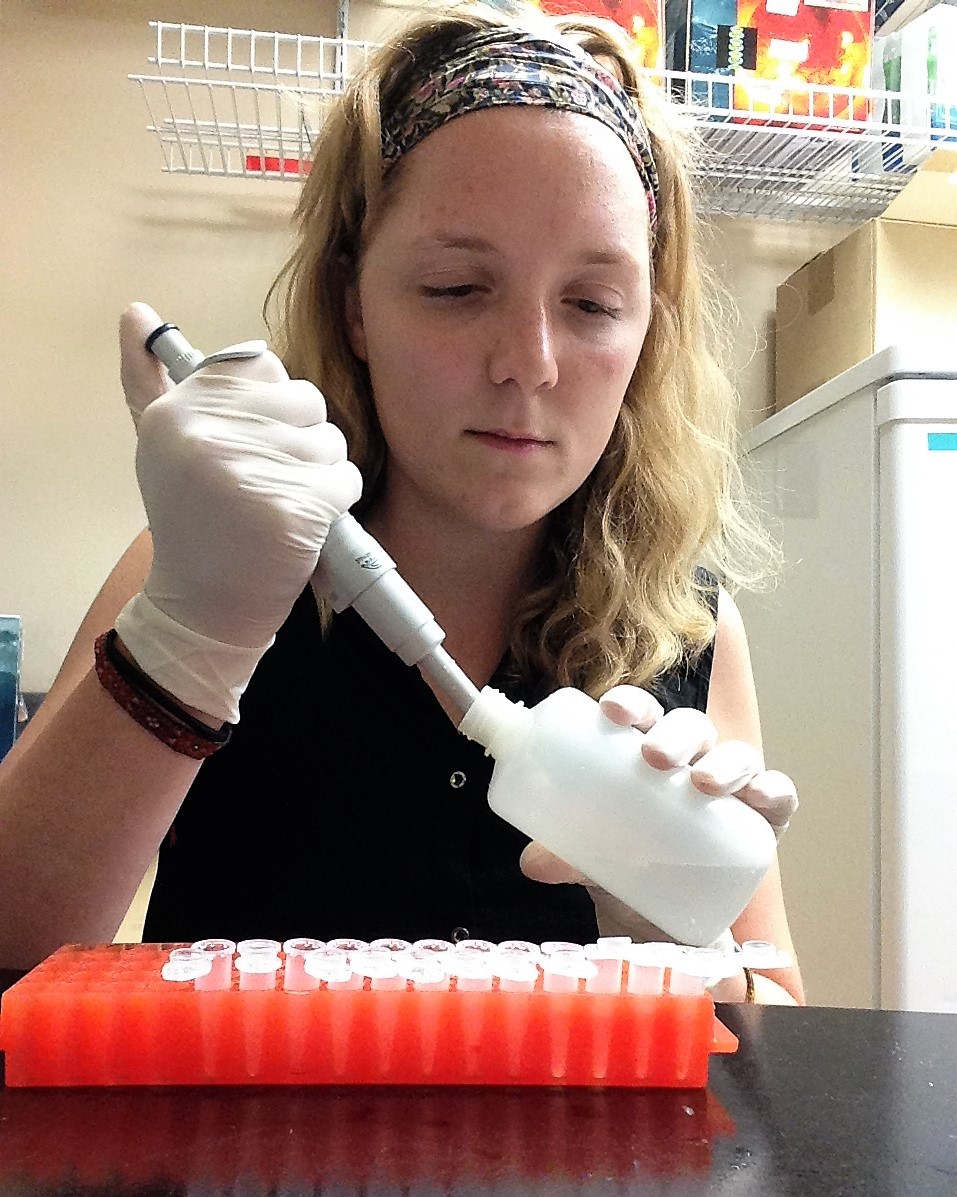
CARRIE O'CONNER-WALKER "This summer I worked on a project aimed at reducing nitrous gas emissions from soil, in an attempt to reduce the environmental impact of agriculture. I enjoyed working in a lab that combined research with real life applications, especially with a focus on climate change."
|
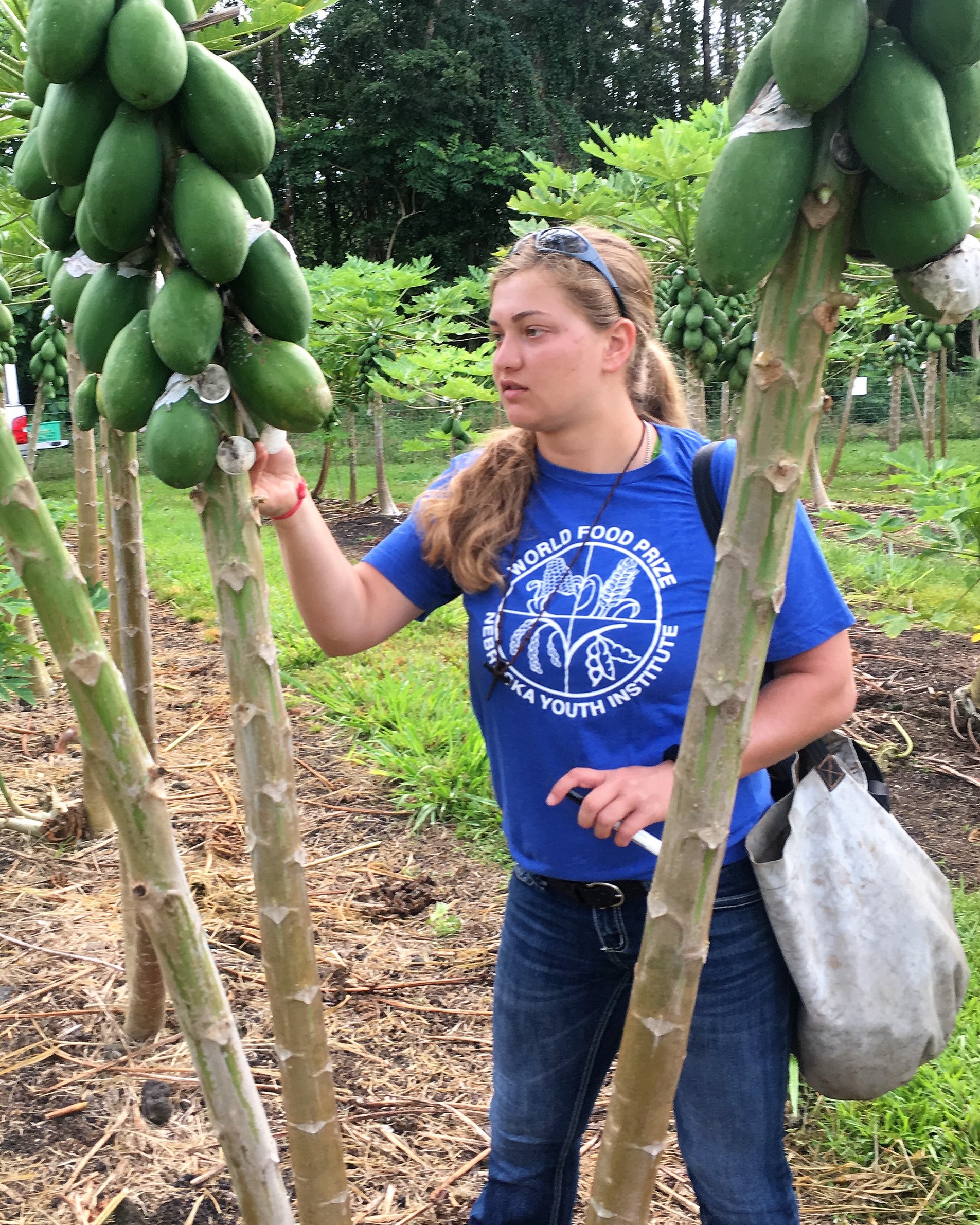
HOLLY PODLISKA "I spent my time working to combat a fungal disease which is devastating to Hawaii's native Ohia trees, as well as working with over 13 tropical fruit and nut varieties to maintain genetic diversity for researchers and scientists around the world." |
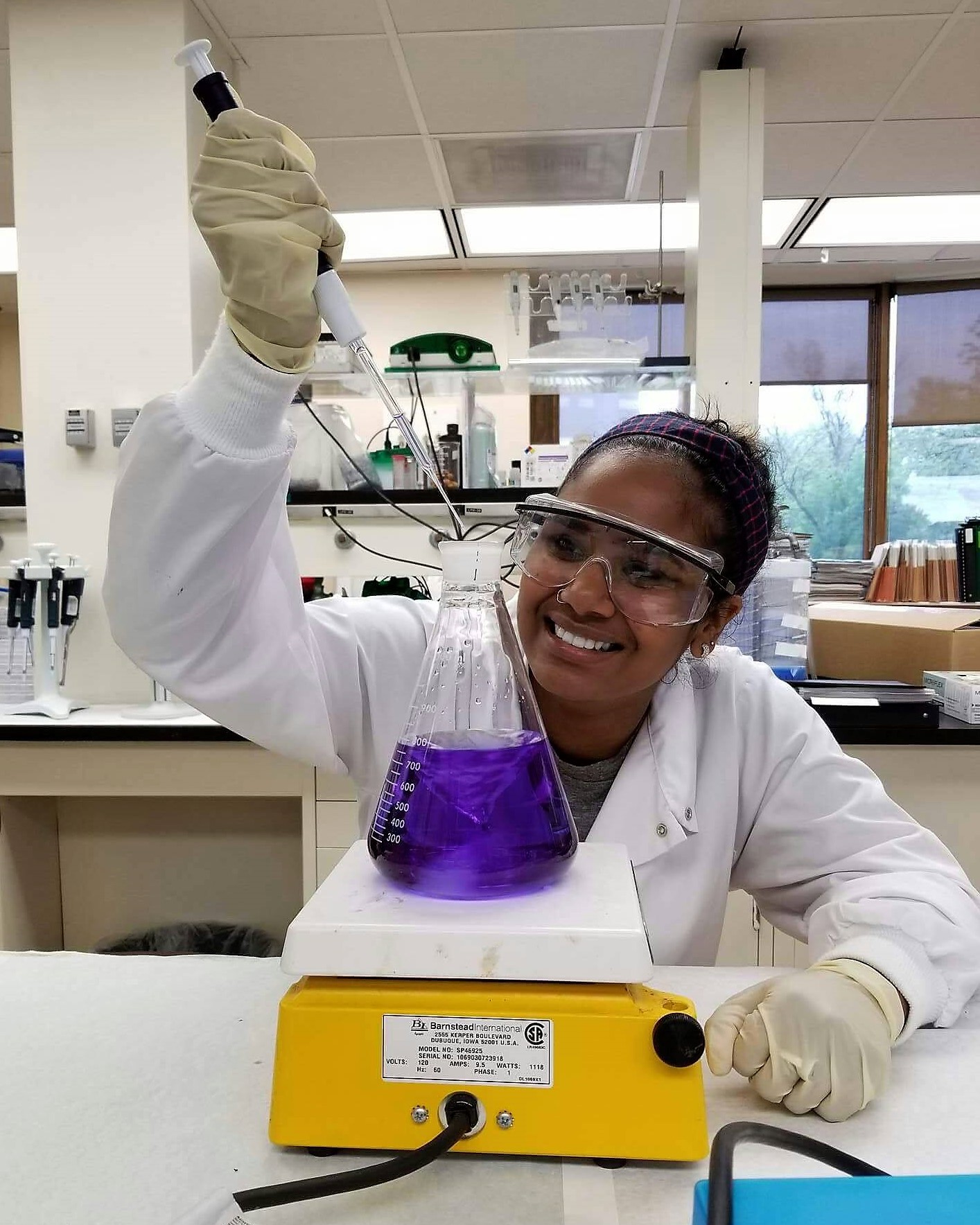
SHARMISHTHA PRATHIVADHI BHAYANKARAM " My experience has shown me the wonders of the scientific world- what I thought I knew proved to be little compared how much that I needed to learn. Working with the ARS made me more eager to learn, research, and innovate in an effort to create a more a sustainable world." |
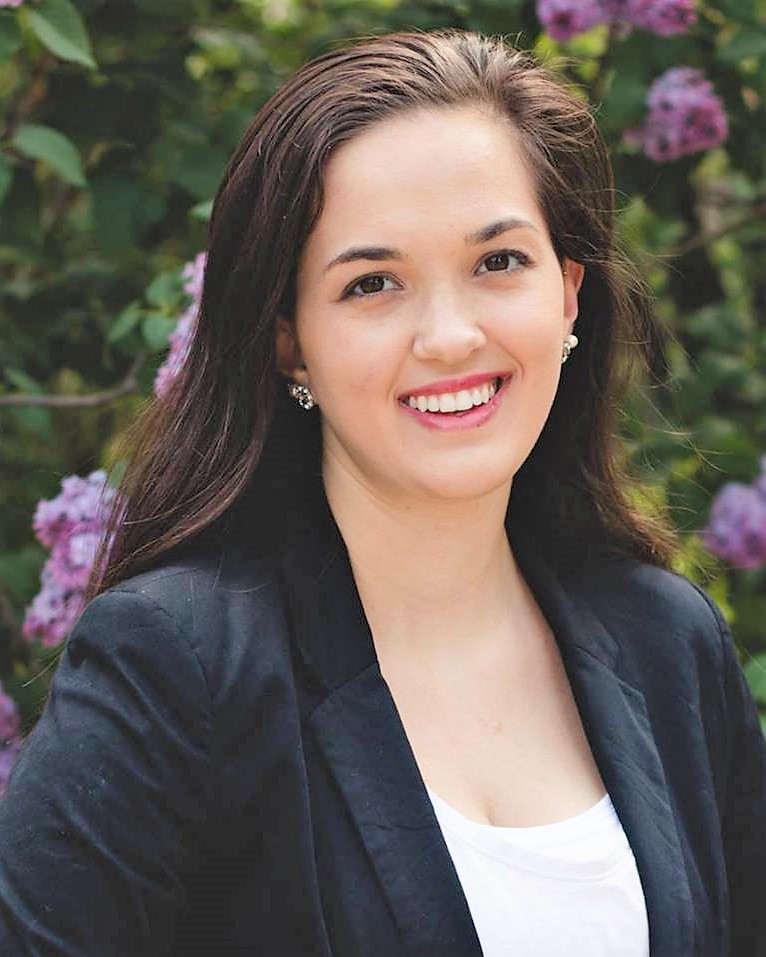
ABIGAIL SHEW "I developed food safety education and communication strategies that educate diverse audiences about unique food safety challenges, and delivered those messages to people across the country to ensure general health and protection from foodborne illness" |
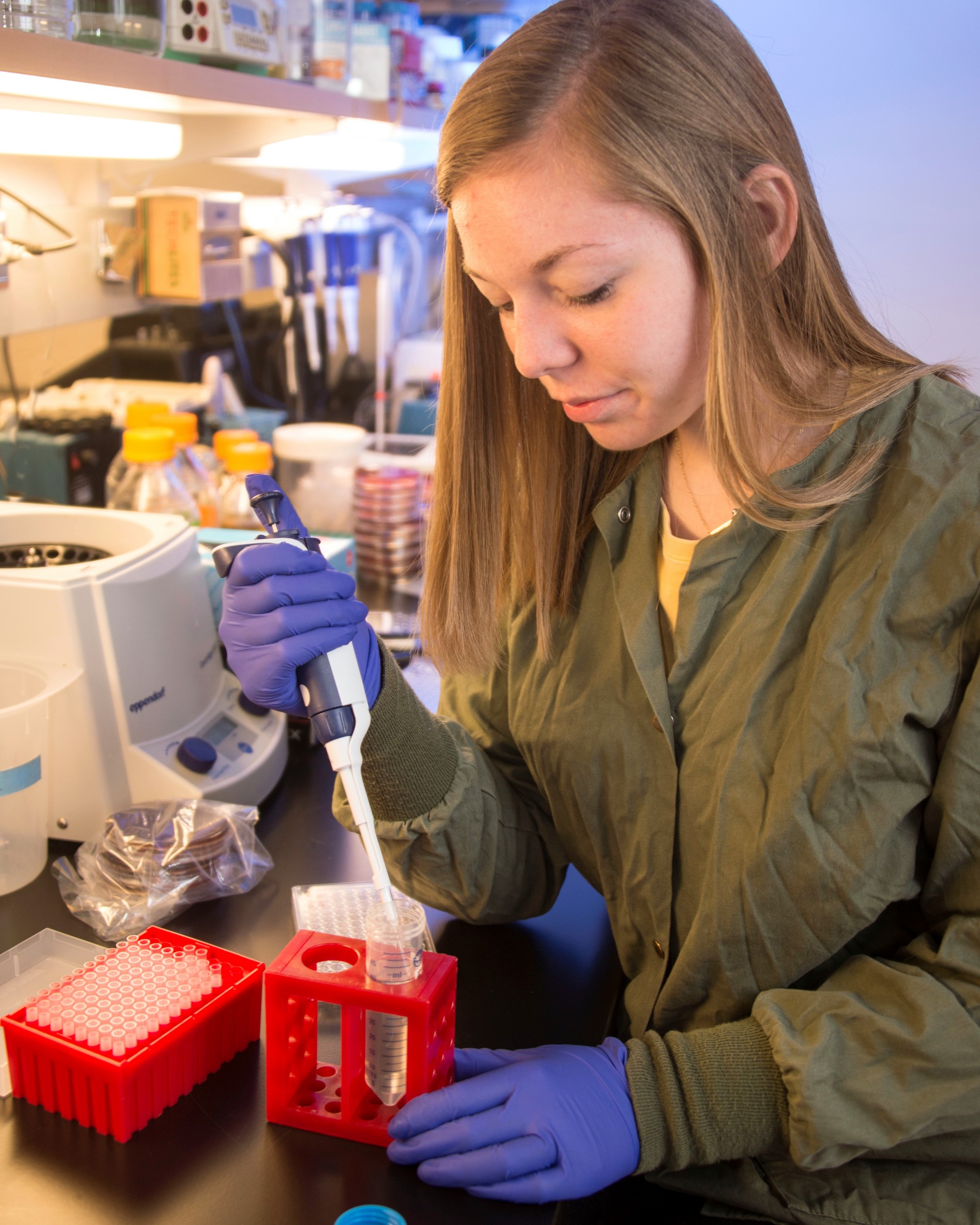
ISABELLA SMITH "I helped detect mechanisms that may aid in the development of vaccines to protect swine against a pathogen called Streptococcus suis. This vaccine would prevent contamination of pork products and human infection. I was excited to explore a different side of agriculture!" |
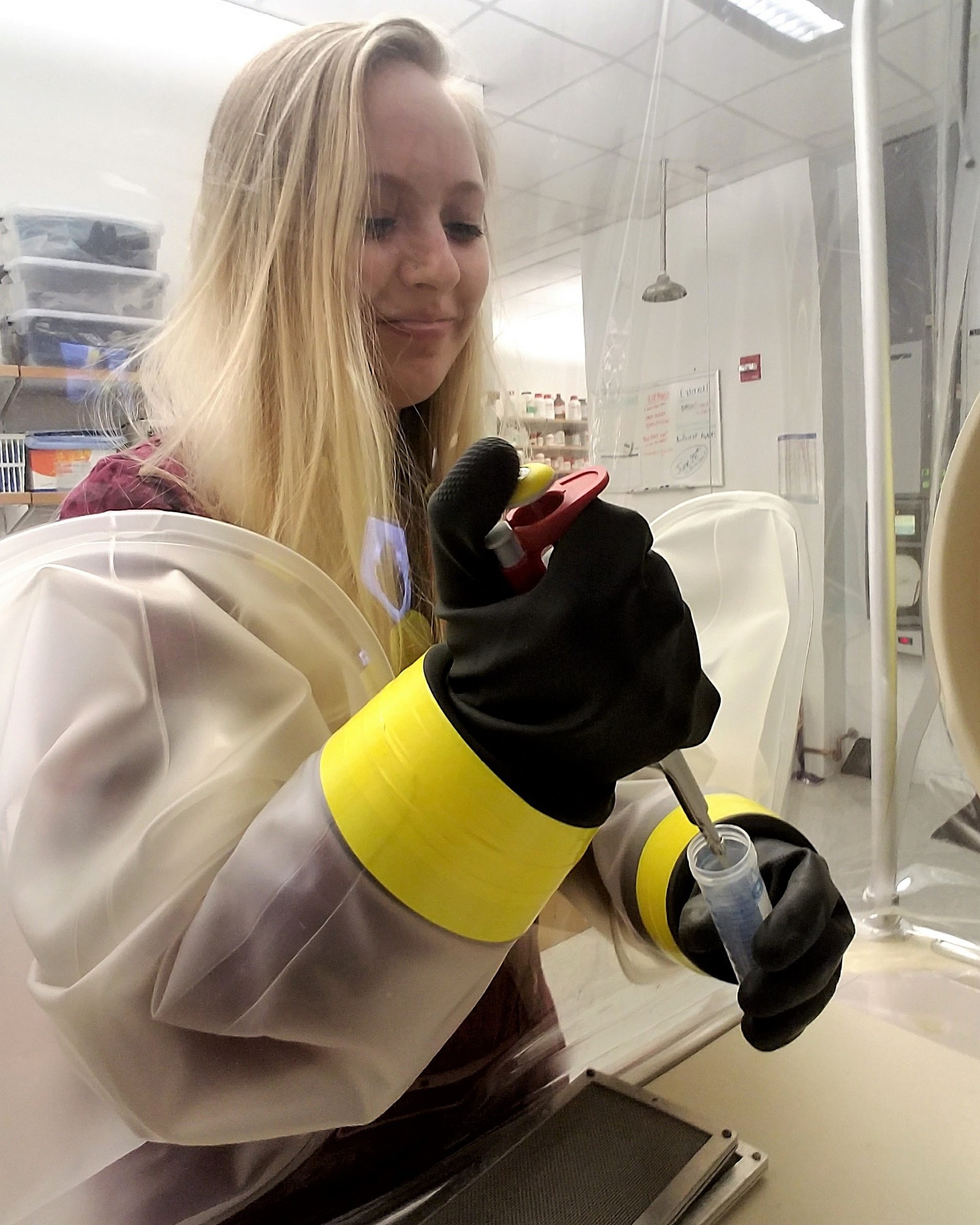
MORGAN SMITH “I worked with stomach microbes in swine as well as worked to detect Salmonella in fecal samples of weaning pigs. I am so glad that I have found a career that I am interested in and that allows me to contribute to the health and safety of people and animals." |
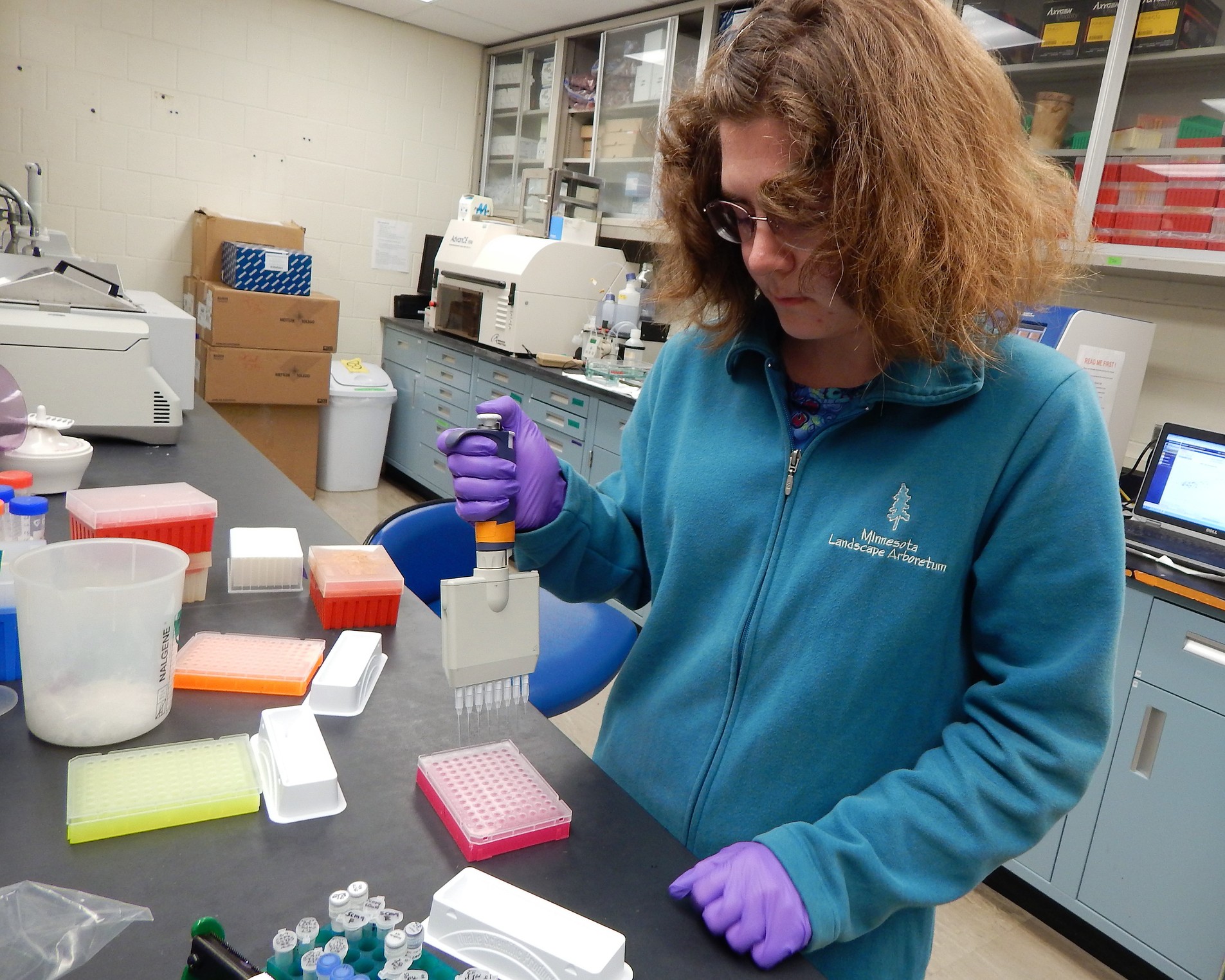
GILLIAN WILKINS "I worked at the St. Paul Cereal Disease Lab to identify stem rust resistance genes present in new Pakistan wheat varieties. Stem rust is an infectious plant disease caused by a fungus that can significantly reduce wheat yields. I was honored to help USDA in this identifying process." |


